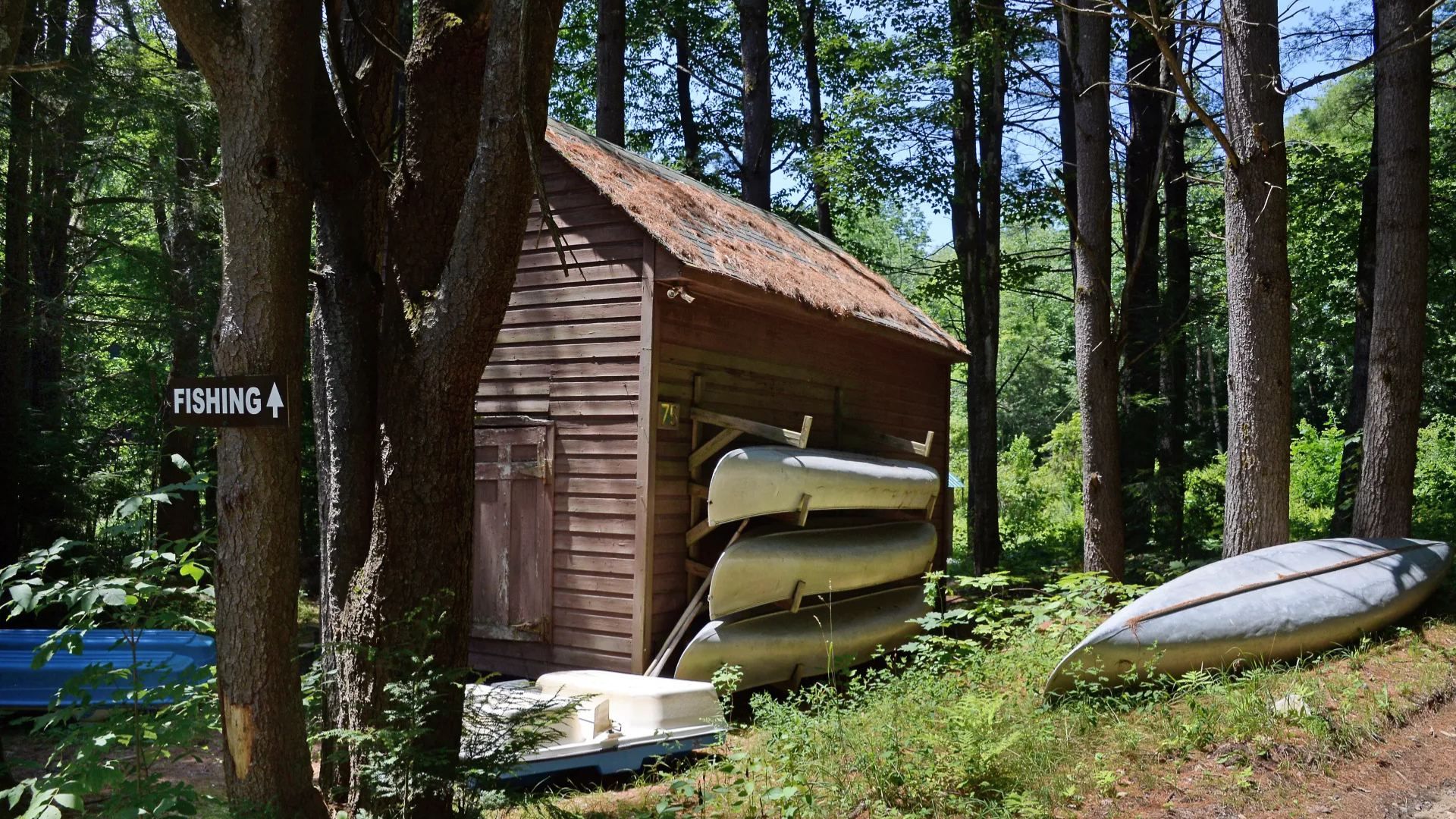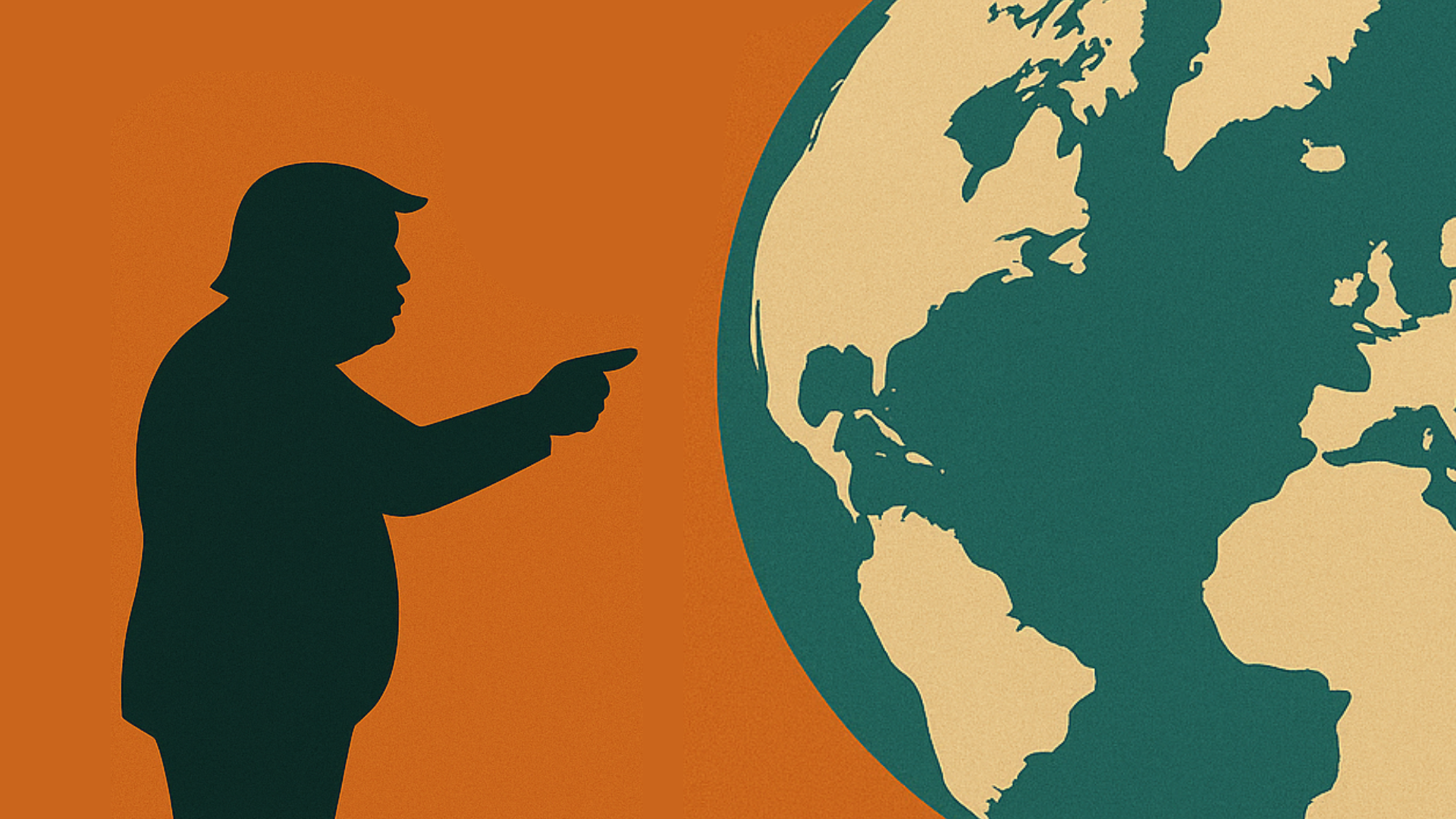Dear students in History Department courses,
UBC has cancelled classes on Thursday, September 30, to observe the National Day for Truth and Reconciliation.
In its 2015 final report, the Truth and Reconciliation Commission of Canada called for a national holiday “to honour Survivors, their families, and communities, and ensure that public commemoration of the history and legacy of residential schools remains a vital component of the reconciliation process.”
For those of us who are settlers in Canada, September 30 is a day to learn more about the history of the Indian Residential Schools and, more broadly, the history of Indigenous peoples.
It is a day to remind us to reflect year-round on the nature of our learning in this country that has been the site of generations of violence by settlers to seize control of the land and attempt to eradicate Indigenous peoples.
It is also a day of mourning. Over the past months, Indigenous communities in British Columbia, along with those in other parts of the country, have found hundreds of unmarked burial sites on the grounds of former residential schools. This number continues to grow with ongoing investigations. I would urge you to spend time listening to the voices of residential school Survivors, and other Indigenous leaders and thinkers.
This is a good time to familiarize yourself with UBC’s Indigenous Strategic Plan, which was launched last year. UBC is committed to the promotion of the rights of Indigenous peoples. The ISP acknowledges that “UBC has been, and continues to be, in many respects, a colonial institution.” The History Department is committed to engaging with the ISP and contributing to the effort to decolonize the university.
The list of memoirs found on the resource page of UBC’s Indian Residential School History and Dialogue Centre (IRSHDC) is not exhaustive, but is a good place to start.
A memoir specific to residential school experiences in what is now known as British Columbia is Bev Sellars’ They Called Me Number One: Secrets and Survival at an Indian Residential School (Vancouver: Talonbooks, 2013). It can be read online through the UBC Library.
Similarly, Kuper Island: Return to the Healing Circle (1997) is a documentary film about a residential school in BC, and can be viewed online through the UBC Library.
On September 27, the IRSHDC will host a special early screening of Returning Home and Pathways to Reconciliation, followed by a conversation with Phyllis Webstad, the originator of Orange Shirt Day.
On October 12, authors Jessica McDiarmid and Michelle Good will be discussing meaningful allyship over Zoom. Their discussion will be about “how settlers must confront their complicity, question their assumptions, create space and, ultimately, become allies instead of roadblocks in the journey toward real truth and reconciliation.”
A full listing of all UBC events related to the National Day for Truth and Reconciliation can be found on the IRSHDC website.
Engaging with residential school histories and legacies can be challenging. If you or someone you know is having difficulties while engaging with the resources, please refer to the Healing and Wellness Resources page on the IRSHDC website.
I hope that you will be able to take full advantage of the many opportunities at UBC at this time to honour the Survivors, mourn the deaths, learn the history, and think about what can be done now to repair the legacies.
Sincerely,
John Roosa
Associate Professor and Acting Head
History Department
University of British Columbia
On the traditional, ancestral and unceded territory of the xʷməθkʷəy̓əm (Musqueam) people


